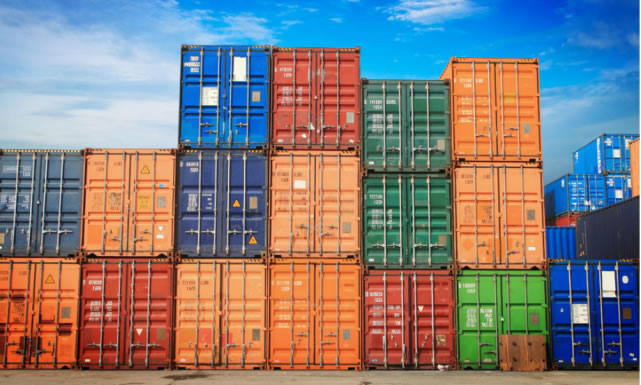Community group buying in China
In China, several hundred million consumers use community group buying. And in the West, specializing in retail forums are barely paying attention to it. They are in other more metaversic things.
Community group purchases is the shopping model that has grown the most on planet Earth: 5 years ago it hardly existed, and today the number of consumers using this model, for example, is higher than those who have made any type of commercial purchase electronic, both products or services, in the European Union. And more than all digital consumers in North America.
Platforms like Pinduoduo (867 million active customers) put a price on a product and drastically reduce it if you buy it in a group. For example, a pair of jeans at €10, they go on to buy €4 if you buy 60 jeans.
Consumer groups use WeChat for support. A consumer creates a community WeChat group to promote products within the group. "Residents" are added to the group and you can leave after placing an order. There have been groups of tens of thousands of residents. The product is obtained directly and the price is ultra-affordable.
Today more than 500 million Chinese buy as a group. And what is growing the most is fresh food: Pinduoduo connects consumers in large Chinese cities directly with farmers who sell them products, bypassing intermediaries.
Other products that are being purchased in groups are all those for mass and repetitive consumption, high-frequency domestic consumption goods and necessities, which are in line with the positioning of the commercial model of community group purchases.
This year hundreds of community service shopping platforms are growing. Ranging from buying community music, fresh food, health services, mobility. All the Chinese giants, such as JD.com or Alibaba, have launched their own community shopping platforms.
But there is also, around this universe of community purchases, the development of a logistics ecosystem where neighborhood stores have a leading role: offering themselves so that the platforms send there their products purchased by the residents of the community and that they can pass on to for them whenever you want.
If you think that there are price wars in Spain, you are not familiar with Chinese group purchases. What is here is price war, what is there is murder of prices.
But in other cases, all orders are sent together to the group leader's address, so there are savings in logistics costs, front-end marketing, end-customer service and return and exchange costs, store rental, all these costs are often transferred to the group leader who will receive a ~10% commission.



